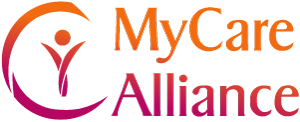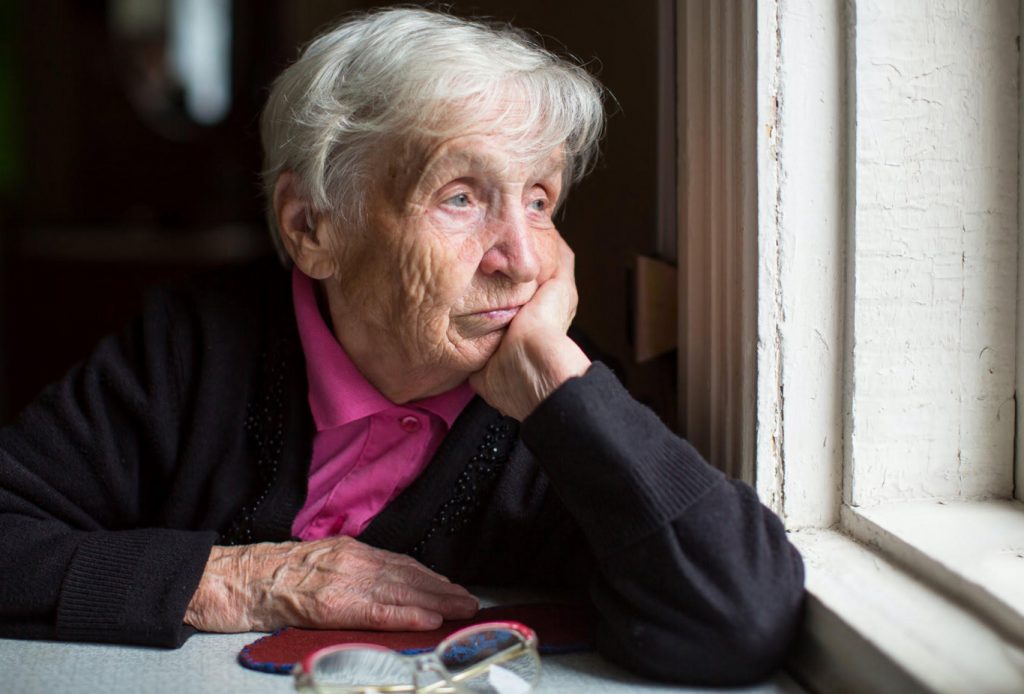According to the World Health Organization, people over the age of 65 account for 12 percent of the world’s population, and that number is projected to rise to 22 percent by 2050—an increase largely linked to the improvements in living conditions and healthcare worldwide. But with the lifespan of elders increasing, new challenges confront families, physicians, and especially seniors themselves as they age. Physicians are often quick to spot and treat chronic conditions like heart disease or diabetes. But there are other healthcare challenges seniors face that aren’t always so quickly addressed that can be just as challenging for seniors and their caregivers.
Decreased Vision/Hearing Loss
Sensory impairments are common for people over the age of 70. In fact according to the Centers for Disease Control, one in four seniors have a significant hearing impairment, and one in six have some sort of vision impairment. This can present challenges for caregivers, as seniors may experience these declines for months or years before they become obvious to others. They may cover up their deficiencies out of reluctance to go through needed cataract surgery, or bear the expense of hearing aids. Also, because Medicare does not cover the cost of eye care and glasses, many seniors are reluctant to address the issues due to the expense. It’s important that family members encourage the loved ones to get regular eye exams and if necessary, hearing assessments from a licensed audiologist.
Pneumonia, Flu, Shingles
What can be a simple cold to a younger person can turn into a lingering case of bronchitis, or even evolve into a deadly case of pneumonia. Worse yet, because the illness started as something benign, seniors or their loved ones may not realize a more serious infection has occurred until it is very advanced. A case of shingles or a bad case of flu can be the trigger for a serious decline for an elderly person. When possible, it’s advisable to keep elderly members of your family from direct contact with children or adults who are noticeably ill with colds or other kinds of infections. The good news is proper vaccines for flu, pneumonia and shingles are improving in effectiveness. Shingles vaccines, especially for those who had chickenpox as children, are key, and more than 90 percent effective at prevention an outbreak. Talk to your loved one’s physician to make sure no recommended vaccines are missed.
Poor Oral Care
According to the CDC’s Division of Oral Health, 25 percent of seniors no longer have their natural teeth. For those who do, the cost of dental care or the hassle of getting twice-yearly cleanings is more than they can manage. But it’s important that caregivers step up to make sure that their loved ones don’t miss out on critical dental care. Dental care is just as important in the elderly as it is in the rest of the population—perhaps even more so. Brittle, aging teeth are more prone to damage and decay. And when a senior doesn’t feel confident about the health of their teeth, it may affect their appetite and ability to eat many foods. Feeling embarrassed about the condition of their teeth may also contribute to feelings of depression and isolation, as well.
Depression
According to the most recent numbers from the World Health Organization, over 15 percent of older adults suffer from some kind of mental health disorder, and older adults account for 18 percent of all suicides in the US. Depression is often the side effect of other chronic health conditions, and managing those conditions can help, as can making sure seniors are not socially isolated, and have enough activities to give them a sense of purpose. Access to mental health services can also be difficult for our elders. Making sure they receive the appropriate screenings and get proper treatment can have a major impact on a senior’s life.
Substance Abuse
The National Council on Aging reports that the number of seniors with substance abuse problems is expected to increase to 5 million by 2020. And yet, physicians often neglect to ask seniors about their alcohol consumption. But the problem isn’t just alcohol. Many seniors take drugs prescribed to others because they can’t afford their own. Or, because of cognitive decline, they may take their own prescribed medications improperly, resulting in serious complications. Stay close enough to your loved ones to be able to monitor their alcohol intake, and engage in proactive prevention whenever you can.
Bladder Control and Constipation
There can be many reasons why a senior would have a loss of continence or digestive issues as they age—the onset of IBS or ulcerative colitis, prostate problems, or any other of a number of chronic health conditions. Digestive problems can also be a side effect of not eating a proper diet, or inactivity. Older adults should not be embarrassed to talk these issues over with their physician, as there are many effective treatments to help, and may contribute to a senior’s quality of life.

